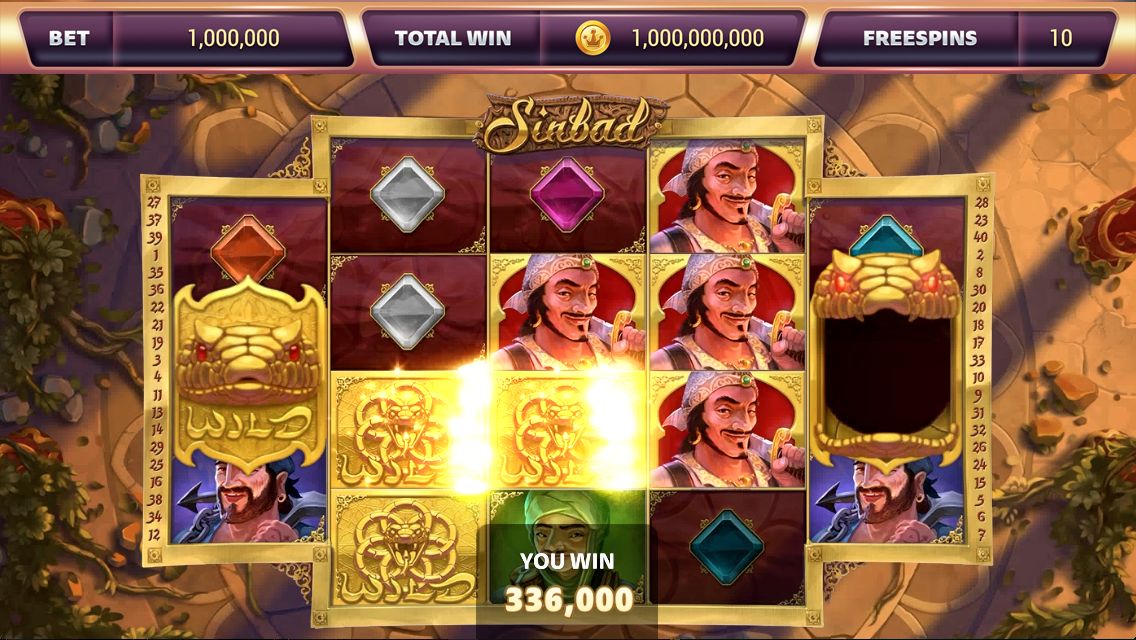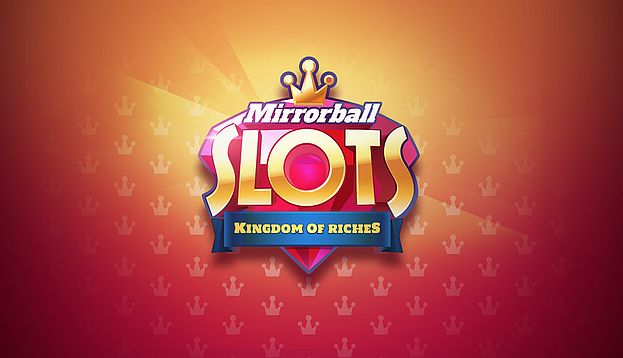The social casino segment of the game market has proven to be broadly popular over the last few years, being one of the most successful categories on Facebook and becoming one of the top categories among mobile games as well. It’s easy to see why, with the familiar game play of slots and other popular casino games married to attractive graphics and sounds.
“Plumbee is an ambitious social casino gaming startup based in Shoreditch, London that is changing the way technology fuels entertainment,” notes the company’s web site. “We’re disrupting a $400 billion industry. The online casino market is experiencing a deep shift and we want to be at the forefront of that change,” said Raf Keustermans, co-founder and CEO of Plumbee. The company’s Mirrorball Slots game can be found on Facebook, iOS, and Android.
Keustermans spoke with [a]listdaily about the social casino market and how it’s changing.
 Raf Keustermans
Raf Keustermans
How do you see the social casino market evolving over the past few years, and where is it heading over the next few years?
Overall, social casino is still a very lucrative and fast-growing sub-set of the wider free-to-play gaming market, with an estimated $3 billion revenue in 2014 growing to $5 billion in the coming years according to many analysts. But what is becoming very clear, especially in the last six to twelve months, is that the the majority of the growth goes to the top grossing companies. About a year ago, the top five companies in social casino controlled around 55 percent of total market share, audience and revenues, today they control over 60 percent and I see that trend accelerating. It will quickly become a category where 10-15 companies control 95 percent of the market, with the five largest owning 65-70 percent. If you’re not one of those top companies, it will become very, very tough to grow, or even survive.
Consolidation is very much alive and kicking, I believe in the last four years social casino M&A deals were done for a grand total of $4 billion, with the biggest ones of course DoubleDown to IGT and recently Big Fish to Churchill Downs. It’s interesting that most of the deals were done by what were perceived to be ‘old school’ land-based casino companies like IGT, Caesars, Churchill Downs, Bally, Aristocrat, etc., rather than by their digital gambling counterparts. My personal theory on that is that land-based casino is much more about player experience and general entertainment, while online gambling is a bit more ‘hardcore’, more about winning or losing cash — so perhaps the land-based companies are mentally closer to game studios than the online gambling guys.
Product-wise we’ve seen a couple of interesting trends lately, especially the success ‘out of the blue’ from a game like Old Vegas Slots, with simple 3-reel machines and almost no meta-features, was a surprise to many, as it almost feels like ‘anti-innovation’ in a category where production costs were going up because of the ongoing battle for more ambitious, more graphically interesting experiences, very animation-rich, etc. So there will definitely be some companies trying to replicate that success.
Another big trend from the last 12-18 months is the growing presence of licensed IP in the category, with many companies chasing the top brands and licensing costs going up. It’s obviously not just happening in social casino, it’s pretty much across the board in mobile and social gaming, but it’s definitely and interesting trend that might shake up the industry quite a bit.

A couple of months ago you launched Mirrorball Slots on Android. What’s the response been?
It’s been very good, better than we expected actually. We had expected Android to be 30-40 percent softer on all metrics, from retention over monetization, engagement… based on conversations we had prior to our launch with other companies with Android experience. But so far Android is pretty much on par with iOS, on some days we even see Android metrics trumping iOS.
We are one of the highest rated casino games in the Google Play Store, so not only the metrics but also the user feedback has been very positive for us. Of course Android still has its challenges, device fragmentation is still a bit of a nightmare, but overall we are really happy with the platform so far.
How important do you feel Facebook has been to Plumbee, and how has that changed as mobile becomes increasingly important as a platform?
It’s been extremely important, and still is today. At all levels. We obviously started our business on canvas, the platform we knew best coming from EA Playfish, and we always got great support from the platform and partnership teams at Facebook. Especially for a small startup it was absolutely critical to get support from the platform.
Today canvas is still a very meaningful part of our business, so Facebook remains a major partner in that sense, but also for mobile we see Facebook as a key driver for success and growth. While we also spend a significant chunk of our ad dollars outside Facebook, we do see Facebook as a major partner in marketing and user acquisition for both iOS and Android. We really get a lot of support from Facebook, while Apple and Google don’t seem to care that much about the social casino genre at all.
What are the most effective marketing tactics you use for your games, and how do you see that changing in the next year?
In terms of ‘external’ marketing there isn’t really any secret sauce: Having a strong, data-driven marketing team that understands the market and the audience, so we can target the right players across all the available channels; from Facebook over video ad networks, testing new suppliers, doing direct deals with other game studios . . .
Offering regular themed promotions is another obvious one, the key to make these work is to really make them relevant for the player: I believe our segmentation model is very strong today, so that really makes a big difference.
Our most successful ‘marketing tactic’ is probably more a product feature: our themed challenges — where players collect symbols from non-winning spins, in different games within a certain time period — are a major driver for retention and engagement. We spend a lot of time to get these right, find the right theme, make the art very cool and communicate across all channels to both existing and new players to get them involved in chasing the symbols. It really adds an extra layer to the game, it adds a sense of purpose as well.
What does the future hold for Plumbee Are you looking to add new types of games to your social casino offerings?
Right now the market is rather tough and competitive, so for the foreseeable future we will laser-focus on Mirrorball Slots and on trying to grow our market share in the category. We made the very difficult decision to sunset our Bingo game earlier this year (Mirrorball Bingo), and with the benefit of hindsight I wish we hadn’t spend so much time, energy and money on developing and launching it — it was a great game, very fun and it looked amazing, but it meant we spread our resources too thin across the different products, and we spent a fair bit of money trying to gain market share in different categories instead of making a much bigger, bolder bet on a product that already had significant traction in the market. So for now we won’t venture into any new directions, but do whatever we can to make Mirrrorball Slots bigger, better and stronger across all platforms.
We will of course keep adding new slot games to the app, we aim for a new game every 4 weeks, and we’re always trying to come up with new, fun meta-features to keep players engaged and happy.

Social casino games are regularly among the top 25 grossing games on mobile. Do you see this continuing as the mobile market expands in new regions, and new games continue to pour into the market?
It’s hard to say I think. It’s clear that ‘western-style slots and bingo games’ don’t really work in countries like Japan or China, for cultural and regulatory reasons. So it’s not a given that the same companies or the same brands will succeed in those new markets. But the core concept of having fun, well-made free-to-play games based on casino mechanics will probably work across the globe, as long as the game mechanics are well known, fun and easy to translate in a 5-10 minute mobile experience.
In most countries there will be an audience that likes these experiences, that has an appetite for casino-style games, just like you will probably in most countries find an audience for locally relevant puzzle game, strategy games etc.

